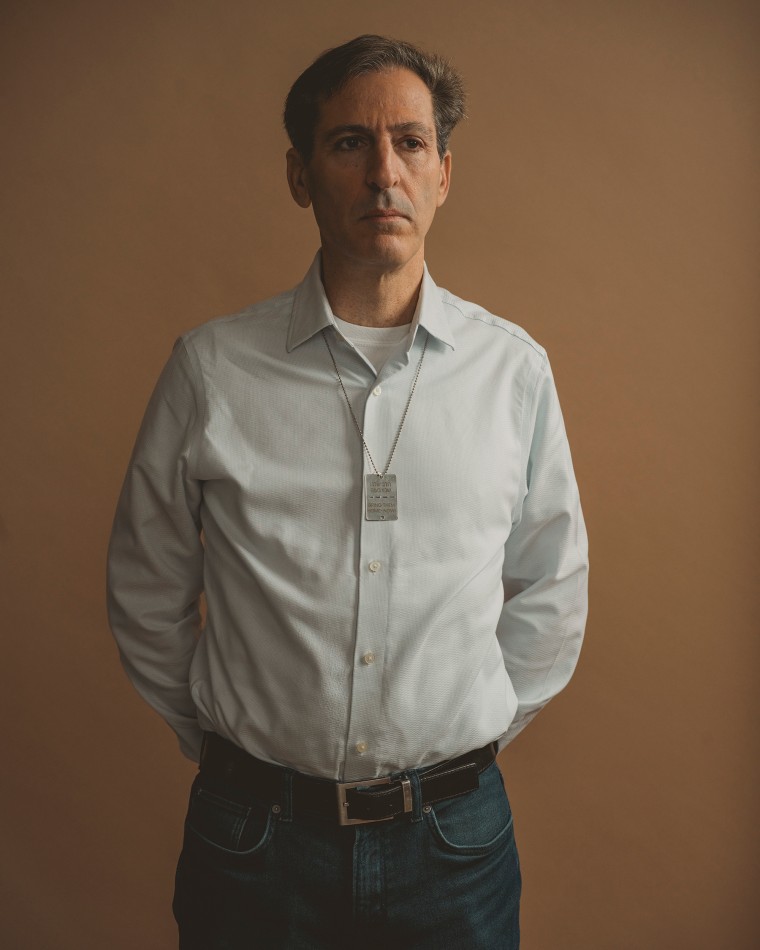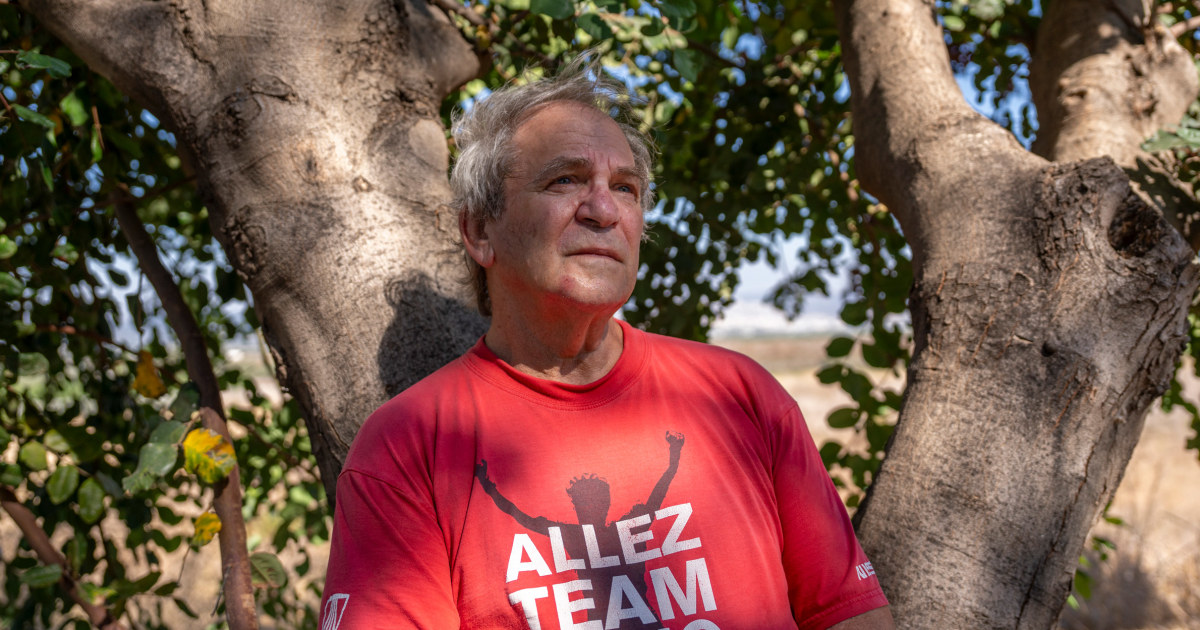He struggles with the sense that there is “no structure” to his days: “In most professions you can identify progress. The journalist tracks the number of articles they’ve written. The dentist tracks how many patients they have. But with us, the hostage families, how do you measure progress? It’s elusive because we just don’t know.”
In such times of crisis, rituals can “anchor a person,” said Dr. Katherine Shear, the founder and director of the Center for Prolonged Grief at Columbia University.
“In this state, it is difficult to see a way forward,” Shear said. “It feels like we have been dropped by a helicopter into a strange and very threatening place, and it’s hard to figure out where we are,” she said.
In the days after the Oct. 7 attack, Chen started keeping an online journal. He wrote entries that he hoped Itay would one day read, chronicles of his days spent waiting and hoping. He imagined his son’s future. Maybe he would come back and settle down with his girlfriend, the young woman he called “the one.”
But when Chen learned that Itay was believed to be dead, his frame of mind shifted. “I know the probability of seeing him again alive is not high,” he said.
He stopped keeping the journal.

Yehuda Beinin will never forget the night of Nov. 29. It was the night he and his wife learned that their daughter, Liat Beinin Atzili, was free after more than 50 days in captivity. It was the night President Joe Biden called and invited him to the White House. It was a night of relief and reunion, a collective exhale.
But the joy would soon be blunted. The day after Liat returned home to Israel, the Beinins learned that her husband — Yehuda’s son-in-law — was dead. Aviv Atzili was believed to have been a Hamas hostage, abducted from Kibbutz Nir Oz like his wife. But military officials confirmed he had actually been killed at Nir Oz on Oct. 7.
The family was shattered. Liat was home safely with her three children; Aviv was gone forever. “We both rejoiced and grieved, practically the same day,” Beinin said. He has been in a “semidepressed state” ever since.

Leave a Reply